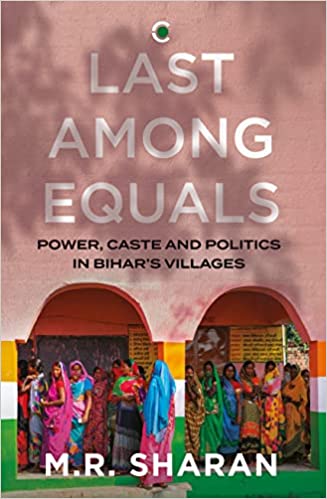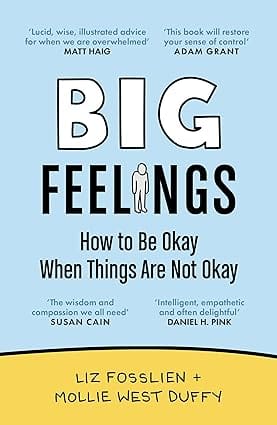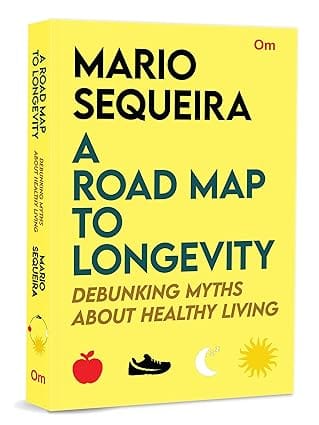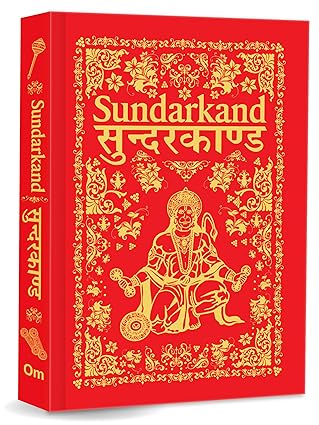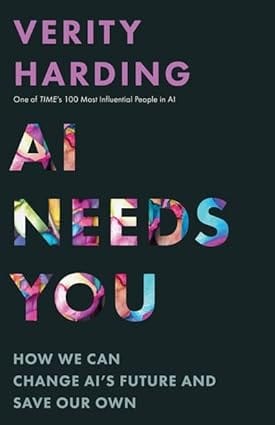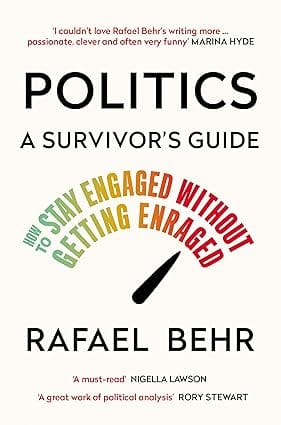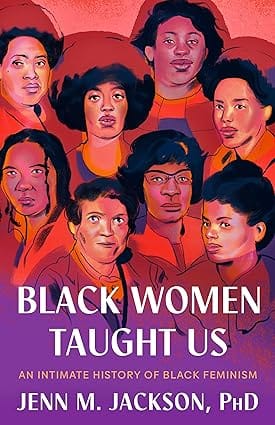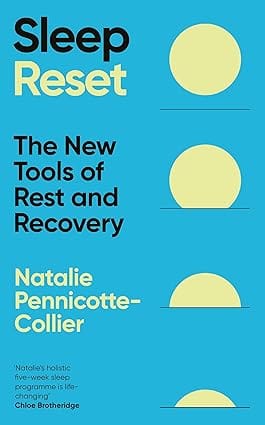- Contemporary Fiction
- Contemporary Fiction
- Children
- Children
- Comics & Graphic Novels
- Comics & Graphic Novels
- Non-Fiction
- Non-Fiction
- Fiction
- Fiction
Sanjay Sahni was living an ‘araam zindagi’ in Delhi, working as an electrician, until a chance encounter with a computer sent him hurtling into the labyrinth that is the NREGA—one of the world’s largest rural poverty alleviation programmes—and the corruption within. It led him back to his village, where eventually, he and his comrades (primarily women from the Dalit and most backward castes) formed the anti-corruption group Manrega Watch. Their tale is one strand of village politics, a story of resilience among citizens, those outside the system.
But what of the ‘insiders’? The complex local-state unit of the village has at the top a mukhiya, who, like the one in Sanjay’s village, wields great power, even to do harm. Ward members—closest to their constituents and the most socially representative group in the panchayati raj system—are at the bottom of this structure.
Development economist M.R. Sharan brings these two interweaving strands of insiders and outsiders together to tell a tale of hope: that those on the margins can challenge entrenched hierarchies. Through government action—reservation, decentralisation, transparency measures—and through citizenly engagement, social movements and elections, change is possible, if not necessarily easy. Take the resourceful ward member, Kamal Manjhi, who repurposed the grievance redressal system to complain against the state: this was essentially a member of the local state, using a state mechanism to arm-twist another part of the state to do its job.
Last Among Equals eschews the usual sweeping narratives of national and state politics, reaching instead for the ‘swirling, vivid sub-narratives that escape easy categorisations’, the darkness of the material leavened with deep empathy. The result is a captivating, often searing narrative of how lives are lived in the villages of Bihar—and indeed in much of India.
Review
Praise for Last Among Equals
‘Last Among Equals mirrors the extraordinary perspicacity and complexity of village politics, seen through the lens of Bihar Manrega Watch, and is a counterpoint to the larger political discourse. M.R. Sharan holds the narrative together with sensitivity and deep understanding, tracing the journeys of remarkable human beings not born to privilege. It tells us that people, not statistics and theory, shape power and caste politics. This excellent book is invaluable reading for everyone bothered by inequality and injustice.’
– Aruna Roy, Activist and Founder-member of the MKSS, NCPRI and SFD
‘A fascinating personal odyssey and the trajectory of an underdeveloped state (Bihar), insiders and outsiders, effecting and impeding social change, the hideous hierarchy of caste and its frustratingly resolute persistence, the abuse of power and mechanisms to limit it: in Last Among Equals, M.R. Sharan boldly attempts all of these, combining the rigour of an academic with the engaging passion of a grounded citizen. And he succeeds.’
– Arvind Subramanian, Former Chief Economic Advisor, Government of India
‘How do people come together to claim their rights? How do they voice their aspirations, articulate their grievances? What builds solidarity? What must a person leave behind to lead such a movement? With a clear eye for detail and a riveting style, M.R. Sharan tells a story of mukhiyas and mazdoors, of dominant insiders and the marginalised, of a constitutional amendment as it takes shape on the ground, and of what sparks social change. In narrating the story of the people’s movement of Muzaffarpur, he brings together the individual characters, the words, and the “feeling” of what he saw: a movement inspired by what Albert Hirschman might have called the “passion for what is possible”. A fascinating read for anyone who cares about India.’
– Uma Mahadevan-Dasgupta, Civil Servant
‘This brilliant and insightful book helps us understand how local politics and citizen activism work in rural Bihar to influence people’s lives. It interweaves two narratives—Sharan’s own, drawn from many years of field research, and that of his friend, the remarkable young activist Sanjay Sahni, to show us how development economics can be considerably enriched when it is deeply engaged with the field.’
– Vijayendra Rao, Lead Economist, Development Research Group, World Bank
About the Author
M.R. Sharan is an Assistant Professor at the University of Maryland, studying questions centred around development economics and political economy. He obtained his PhD from Harvard University in 2020 and was previously at the Delhi School of Economics and Hansraj College. His novel, Blue, was published in 2014. His writings have appeared across various publications, including the Economic and Political Weekly, The Hindu, The Times of India and The Economic Times. He is at www.mrsharan.com and on Twitter at @sharanidli.
- Home
- Non-Fiction
- Last Among Equals Power Caste & Politics In Bihars Villages
Last Among Equals Power Caste & Politics In Bihars Villages
SIZE GUIDE
- ISBN: 9789390679669
- Author: M R Sharan
- Publisher: Context
- Pages: 246
- Format: Hardback
Book Description
Sanjay Sahni was living an ‘araam zindagi’ in Delhi, working as an electrician, until a chance encounter with a computer sent him hurtling into the labyrinth that is the NREGA—one of the world’s largest rural poverty alleviation programmes—and the corruption within. It led him back to his village, where eventually, he and his comrades (primarily women from the Dalit and most backward castes) formed the anti-corruption group Manrega Watch. Their tale is one strand of village politics, a story of resilience among citizens, those outside the system.
But what of the ‘insiders’? The complex local-state unit of the village has at the top a mukhiya, who, like the one in Sanjay’s village, wields great power, even to do harm. Ward members—closest to their constituents and the most socially representative group in the panchayati raj system—are at the bottom of this structure.
Development economist M.R. Sharan brings these two interweaving strands of insiders and outsiders together to tell a tale of hope: that those on the margins can challenge entrenched hierarchies. Through government action—reservation, decentralisation, transparency measures—and through citizenly engagement, social movements and elections, change is possible, if not necessarily easy. Take the resourceful ward member, Kamal Manjhi, who repurposed the grievance redressal system to complain against the state: this was essentially a member of the local state, using a state mechanism to arm-twist another part of the state to do its job.
Last Among Equals eschews the usual sweeping narratives of national and state politics, reaching instead for the ‘swirling, vivid sub-narratives that escape easy categorisations’, the darkness of the material leavened with deep empathy. The result is a captivating, often searing narrative of how lives are lived in the villages of Bihar—and indeed in much of India.
Review
Praise for Last Among Equals
‘Last Among Equals mirrors the extraordinary perspicacity and complexity of village politics, seen through the lens of Bihar Manrega Watch, and is a counterpoint to the larger political discourse. M.R. Sharan holds the narrative together with sensitivity and deep understanding, tracing the journeys of remarkable human beings not born to privilege. It tells us that people, not statistics and theory, shape power and caste politics. This excellent book is invaluable reading for everyone bothered by inequality and injustice.’
– Aruna Roy, Activist and Founder-member of the MKSS, NCPRI and SFD
‘A fascinating personal odyssey and the trajectory of an underdeveloped state (Bihar), insiders and outsiders, effecting and impeding social change, the hideous hierarchy of caste and its frustratingly resolute persistence, the abuse of power and mechanisms to limit it: in Last Among Equals, M.R. Sharan boldly attempts all of these, combining the rigour of an academic with the engaging passion of a grounded citizen. And he succeeds.’
– Arvind Subramanian, Former Chief Economic Advisor, Government of India
‘How do people come together to claim their rights? How do they voice their aspirations, articulate their grievances? What builds solidarity? What must a person leave behind to lead such a movement? With a clear eye for detail and a riveting style, M.R. Sharan tells a story of mukhiyas and mazdoors, of dominant insiders and the marginalised, of a constitutional amendment as it takes shape on the ground, and of what sparks social change. In narrating the story of the people’s movement of Muzaffarpur, he brings together the individual characters, the words, and the “feeling” of what he saw: a movement inspired by what Albert Hirschman might have called the “passion for what is possible”. A fascinating read for anyone who cares about India.’
– Uma Mahadevan-Dasgupta, Civil Servant
‘This brilliant and insightful book helps us understand how local politics and citizen activism work in rural Bihar to influence people’s lives. It interweaves two narratives—Sharan’s own, drawn from many years of field research, and that of his friend, the remarkable young activist Sanjay Sahni, to show us how development economics can be considerably enriched when it is deeply engaged with the field.’
– Vijayendra Rao, Lead Economist, Development Research Group, World Bank
About the Author
M.R. Sharan is an Assistant Professor at the University of Maryland, studying questions centred around development economics and political economy. He obtained his PhD from Harvard University in 2020 and was previously at the Delhi School of Economics and Hansraj College. His novel, Blue, was published in 2014. His writings have appeared across various publications, including the Economic and Political Weekly, The Hindu, The Times of India and The Economic Times. He is at www.mrsharan.com and on Twitter at @sharanidli.
User reviews
NEWSLETTER
Subscribe to get Email Updates!
Thanks for subscribing.
Your response has been recorded.

India's Iconic & Independent Book Store offering a vast selection of books across a variety of genres Since 1978.
"We Believe In The Power of Books" Our mission is to make books accessible to everyone, and to cultivate a culture of reading and learning. We strive to provide a wide range of books, from classic literature, sci-fi and fantasy, to graphic novels, biographies and self-help books, so that everyone can find something to read.
Whether you’re looking for your next great read, a gift for someone special, or just browsing, Midland is here to make your book-buying experience easy and enjoyable.
We are shipping pan India and across the world.
For Bulk Order / Corporate Gifting
 +91 9818282497 |
+91 9818282497 |  [email protected]
[email protected]
Click To Know More
INFORMATION
ACCOUNT
ADDRESS
Shop No.20, Aurobindo Palace Market, Near Church, New Delhi

